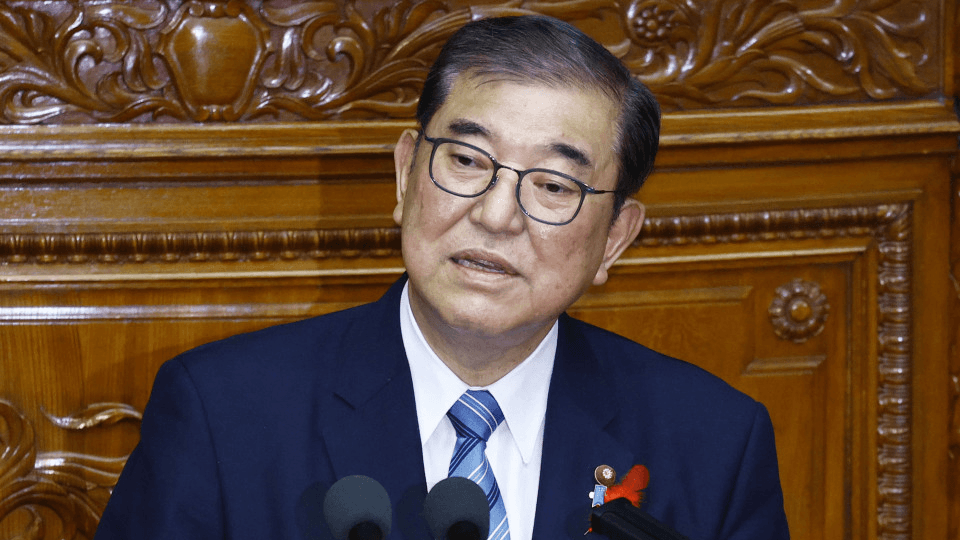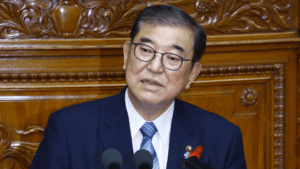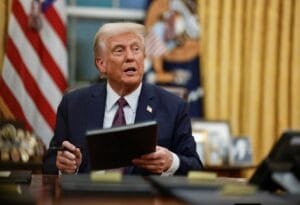Japan: Prime Minister demands accountability from China amid rising tensions
Japanese Prime Minister Shigeru Ishiba pressed Chinese Premier Li Qiang for a “full explanation” regarding a recent airspace intrusion by a Chinese military aircraft during their first face-to-face meeting on Thursday at the Association of Southeast Asian Nations (ASEAN) summit in Laos.

Japanese Prime Minister Shigeru Ishiba pressed Chinese Premier Li Qiang for a “full explanation” regarding a recent airspace intrusion by a Chinese military aircraft during their first face-to-face meeting on Thursday at the Association of Southeast Asian Nations (ASEAN) summit in Laos.
According to Japan’s foreign ministry, Ishiba voiced serious concerns about increasing Chinese military activities in the East China Sea, emphasizing the need for transparency surrounding the incident that occurred in August. “Prime Minister Ishiba reiterated Japan’s serious concerns about the situation in the East China Sea, including… the intensification of Chinese military activities in areas surrounding Japan,” the ministry stated.

This meeting marked Ishiba’s first official trip abroad since taking office just last week. He also referenced the passage of China’s Liaoning aircraft carrier through the strait between two Japanese islands near Taiwan last month, which has raised alarm in Tokyo. Shortly after, a Japanese warship sailed through the Taiwan Strait, prompting an angry response from Beijing.
In addition to airspace concerns, Ishiba addressed the safety of Japanese nationals in light of the recent fatal stabbing of a schoolboy in Shenzhen, along with other incidents that have strained relations. He also expressed Japan’s apprehensions regarding the situations in the South China Sea, Hong Kong, and Xinjiang, underscoring the critical need for peace and stability in the Taiwan Strait.
Despite these tensions, Ishiba and Li acknowledged the necessity of “constructive and stable” relations. They agreed to enhance “multi-layered communications between Japan and China at all levels, including at the summit level.”
Also Read:Biden mobilizes federal response to hurricane recovery efforts in Florida
As the two nations navigate their complex relationship, Beijing recently announced plans to gradually lift a ban on Japanese seafood imports that had been imposed in response to the release of treated wastewater from the Fukushima nuclear plant in 2023. Ishiba is reportedly keen to ease tensions, particularly as he looks toward a potential meeting with Chinese President Xi Jinping.
However, Li cautioned against the emergence of geopolitical conflicts in Asia during talks with ASEAN leaders. He remarked on the risks posed by “attempts to introduce bloc confrontation and geopolitical conflicts into Asia,” alluding to Ishiba’s past advocacy for a NATO-style security pact in the region aimed at countering China’s influence.
As both leaders seek a balance between cooperation and addressing national security concerns, the dynamics of Japan-China relations remain crucial for stability in East Asia.















